You might not splurge for them all, but here’s a glossary of the cool tools molecular mixologists and tech-savvy ’tenders use.
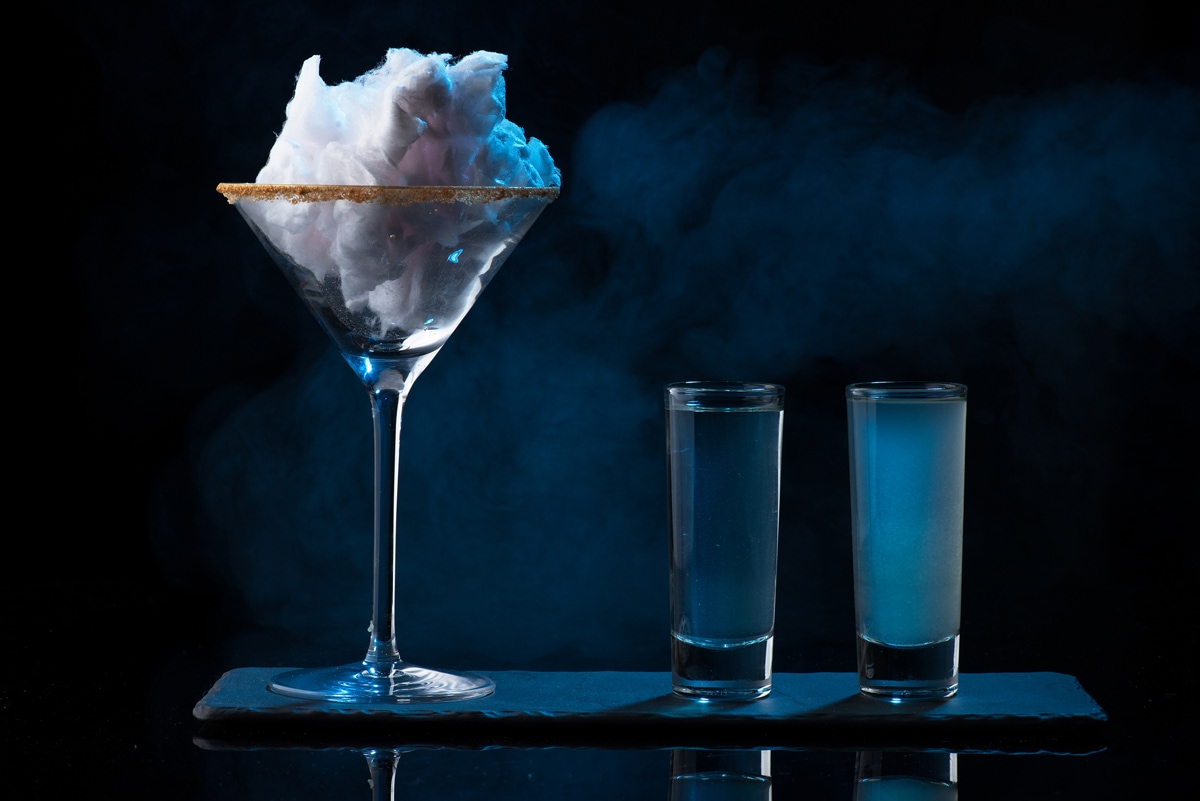

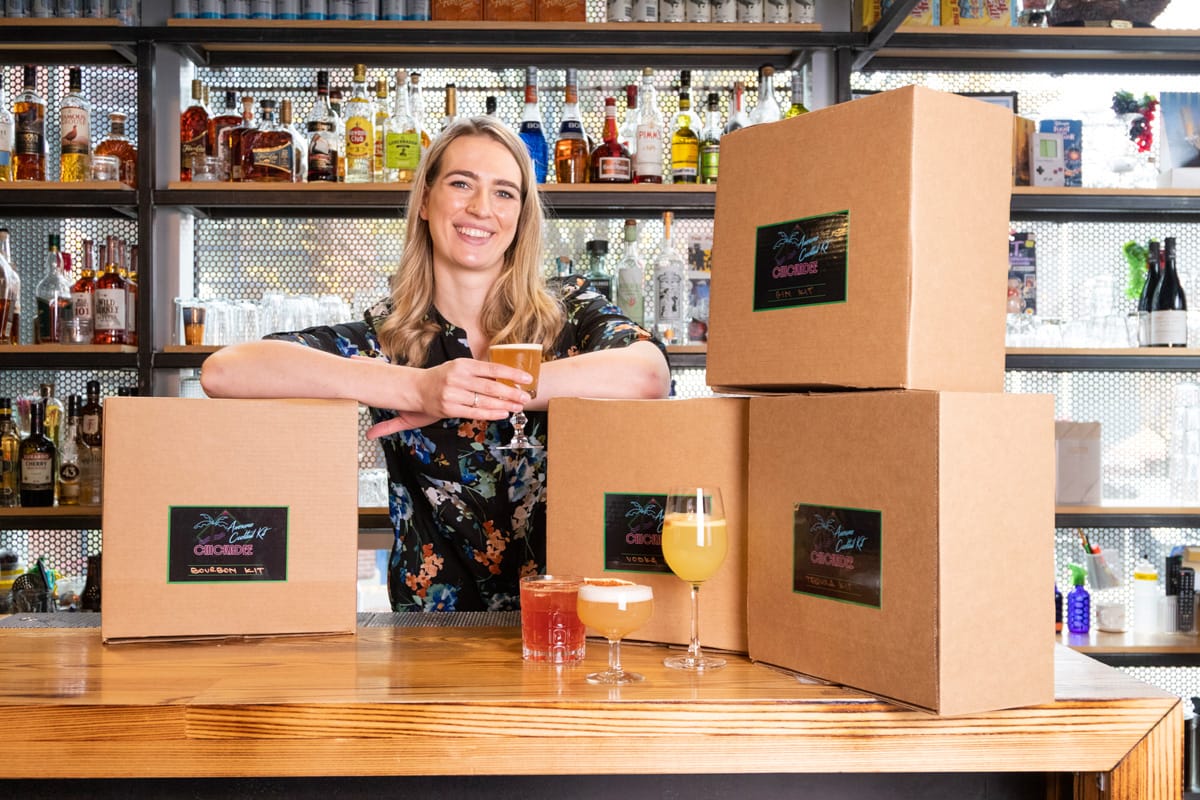
It’s been a long day and all you want to do is get into your pyjamas (if you ever got out of them, let’s be real) and settle in with a good cocktail. But it’s just too much effort to make one yourself. Never fear, thirsty reader. The cocktail kit is here to help.
During the pandemic, many Vancouver restaurants have turned to takeout and some have added cocktails to their to-go menus. What you get varies depending on the establishment. Most offer some sort of mixer, bottle of spirits and garnish; some also offer top-quality ice as well as tools and glassware. Not only do these kits quench your thirst, they also make great gifts and, best of all, support your favourite establishments when they need it most.
Here are just some to try. Note that in restaurants sales of alcohol must be accompanied by sales of food; check the websites for details regarding price and availability.
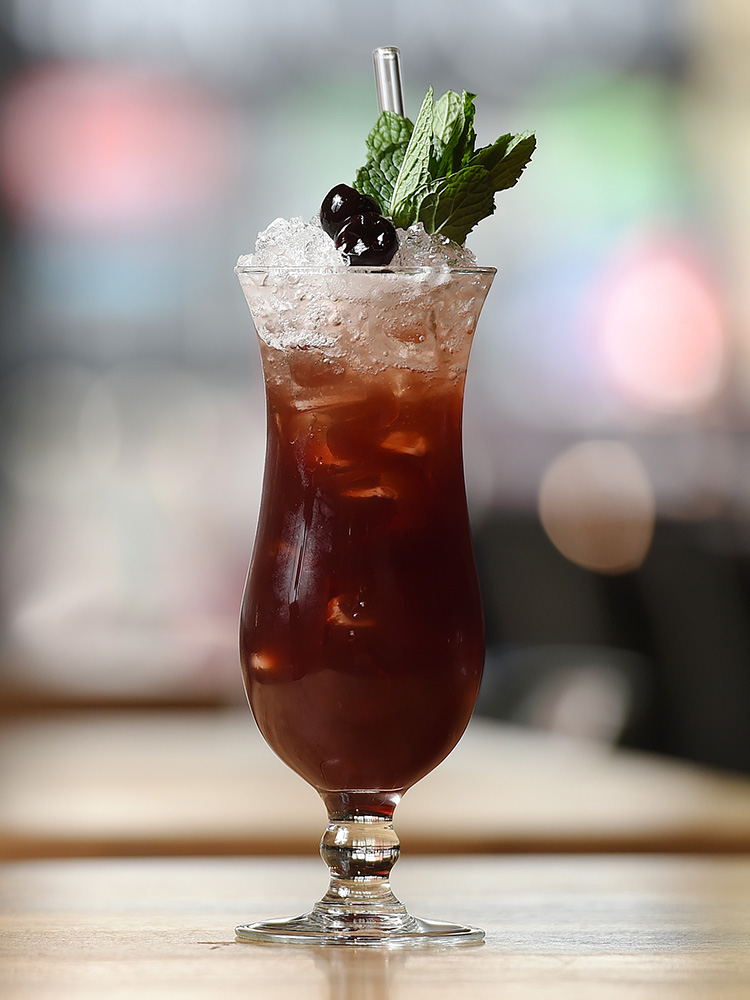
• 1.5 oz amber rum
• 0.5 oz Fernet Branca
• 0.25 oz JT’s Hula Bitters
• 0.5 oz cherry grenadine
• 1 oz pineapple juice
• 0.5 oz fresh squeezed lime juice
• 2 oz soda water
• Garnish: maraschino or brandied cherry and mint leaves
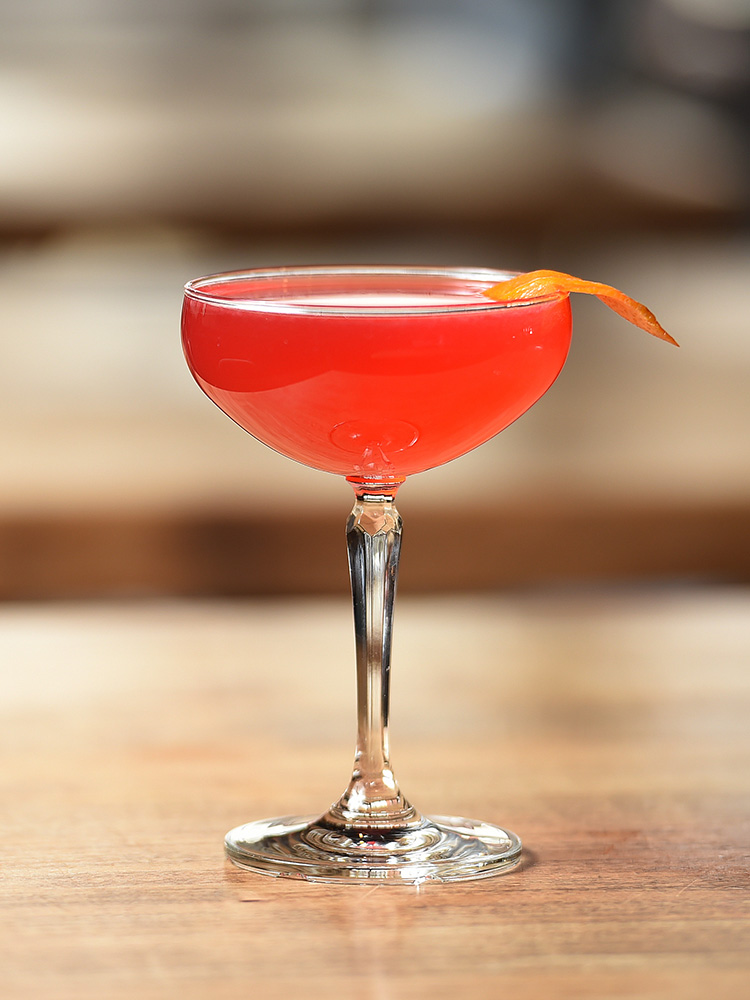
• 1.5 oz vodka
• 0.5 oz Cointreau
• 0.25 oz JT’s Orange & Chamomile Bitters
• 0.5 oz fresh squeezed lime juice
• 0.25 oz simple syrup
• 5 frozen cranberries, thawed
• Garnish: fresh orange peel
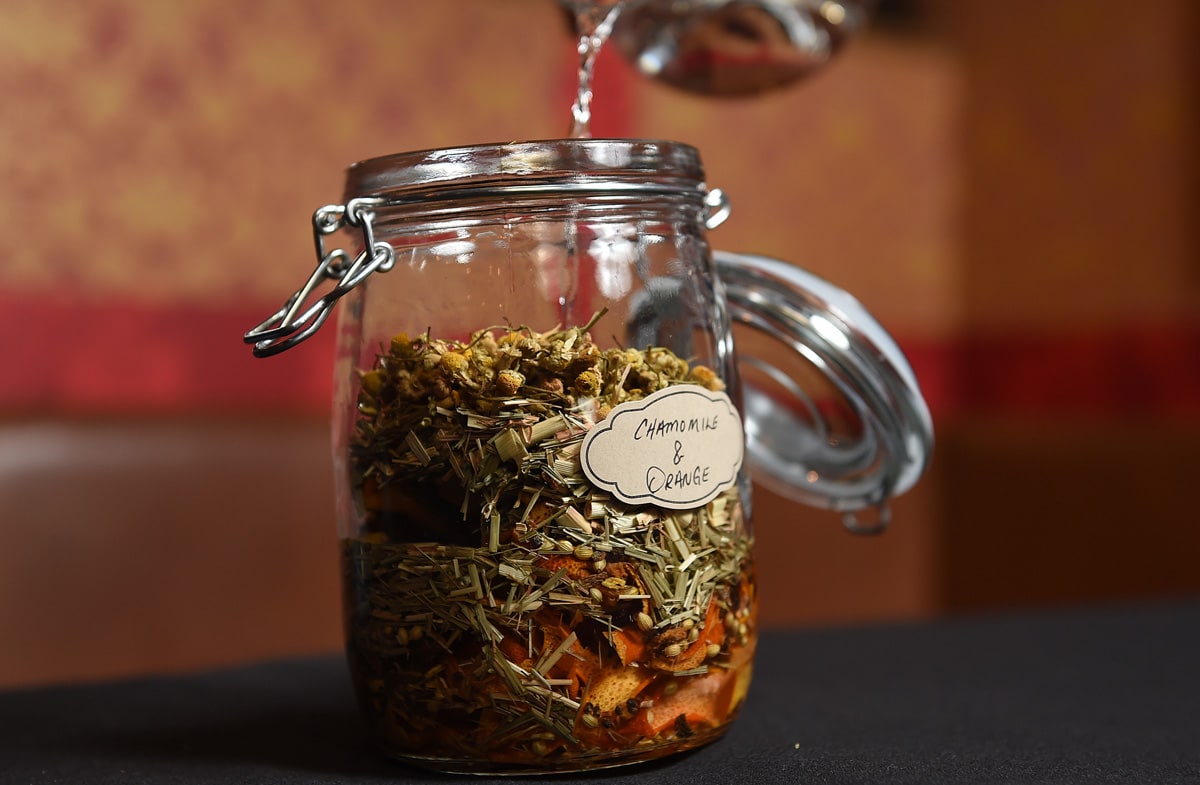
Making your own bitters at home is a lot easier than you may think. However, we need to understand a few things first. Cocktails, by definition, are made up of four essential ingredients: spirits, sugar, water and bitters. Spirits are self-explanatory. The sugar and water elements can be exactly that or they can take on other forms, such as syrups and juices. Bitters are much more complex, though. Bartenders use bitters to bridge the flavours of spirits, sugar and water so they come together. The key to selecting the right bitter is to use one that complements the other three components in the cocktail.
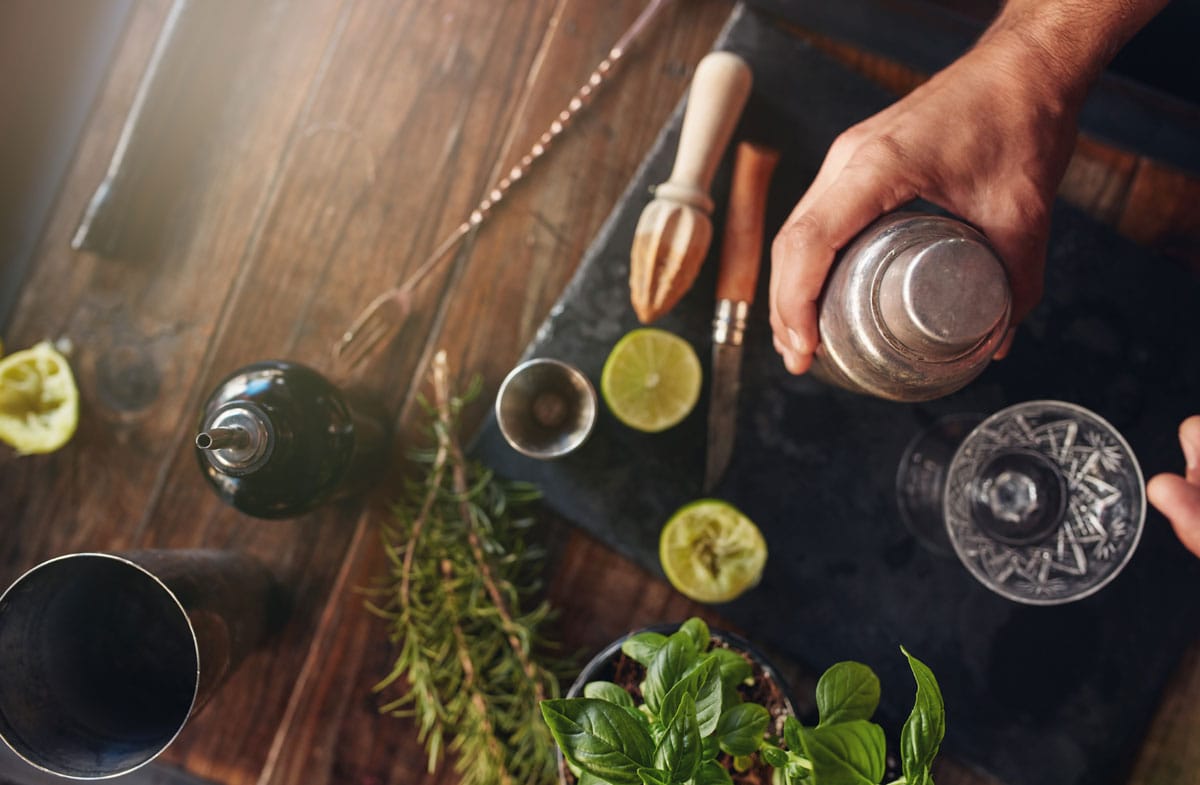
Measurements: For the most part, our recipes are in imperial volume (fluid ounces, teaspoons and cups). We might occasionally use weight (for instance, an ounce of tea leaves for an infusion); in those cases, it will be noted.
Tools: The essentials are a cocktail shaker (cobbler or Boston), mixing glass, jigger, citrus juicer, Hawthorne and fine mesh strainers, muddler, bar spoon, sharp knife and vegetable peeler. Any special tools will be noted.
Glassware: You could fill your cupboards with different types of glassware, but you only really need three (aside from wine and beer): a stemmed “cocktail” glass, either the V-shaped martini or curved coupe; the short, stubby rocks or Old Fashioned; and the tall, narrow Collins.
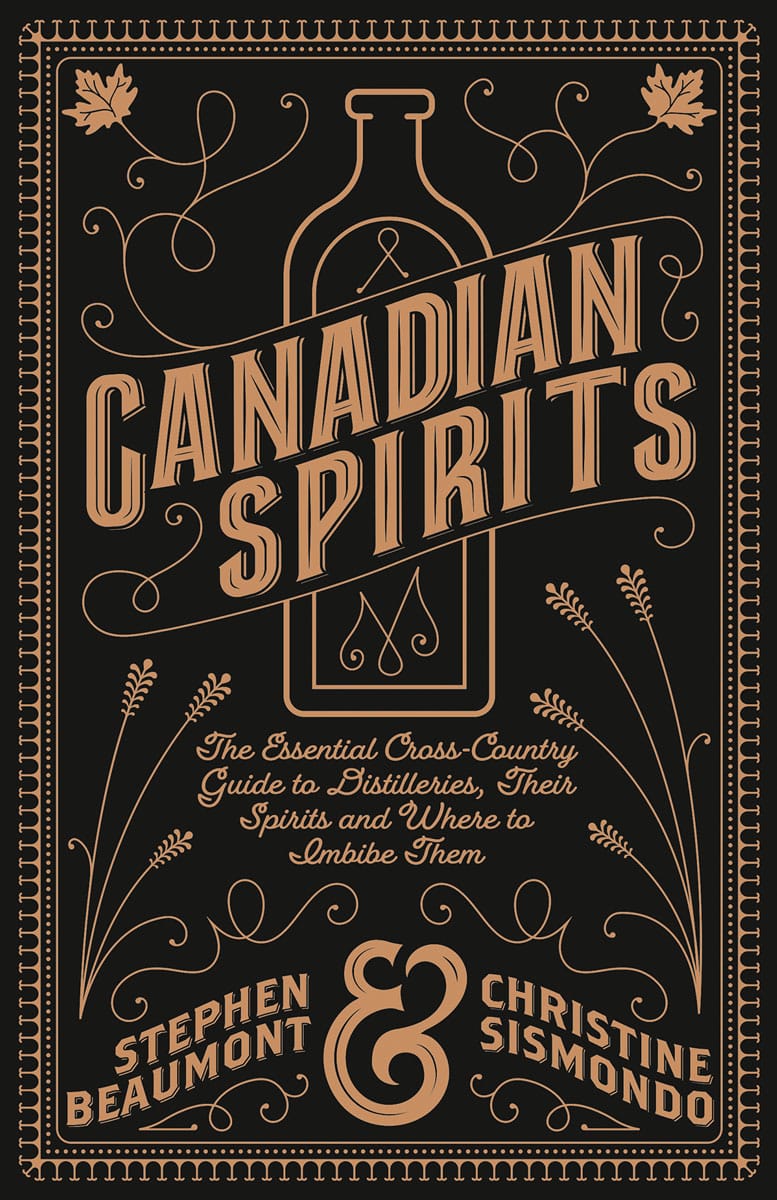 Canadian Spirits: The Essential Cross-country Guide to Distilleries, Their Spirits and Where to Imbibe Them by Stephen Beaumont and Christine Sismondo (Nimbus Publishing, $29.95)
Canadian Spirits: The Essential Cross-country Guide to Distilleries, Their Spirits and Where to Imbibe Them by Stephen Beaumont and Christine Sismondo (Nimbus Publishing, $29.95)
Two of Canada’s top spirits writers have compiled a comprehensive guide to the assortment of hooch produced from coast to coast to coast in this country. This is the essential book about the industry’s history and its future, covering more than 160 producers ranging from the behemoth Hiram-Walker in Windsor, Ontario, to Vancouver’s tiny Odd Society Spirits. Available October 31.
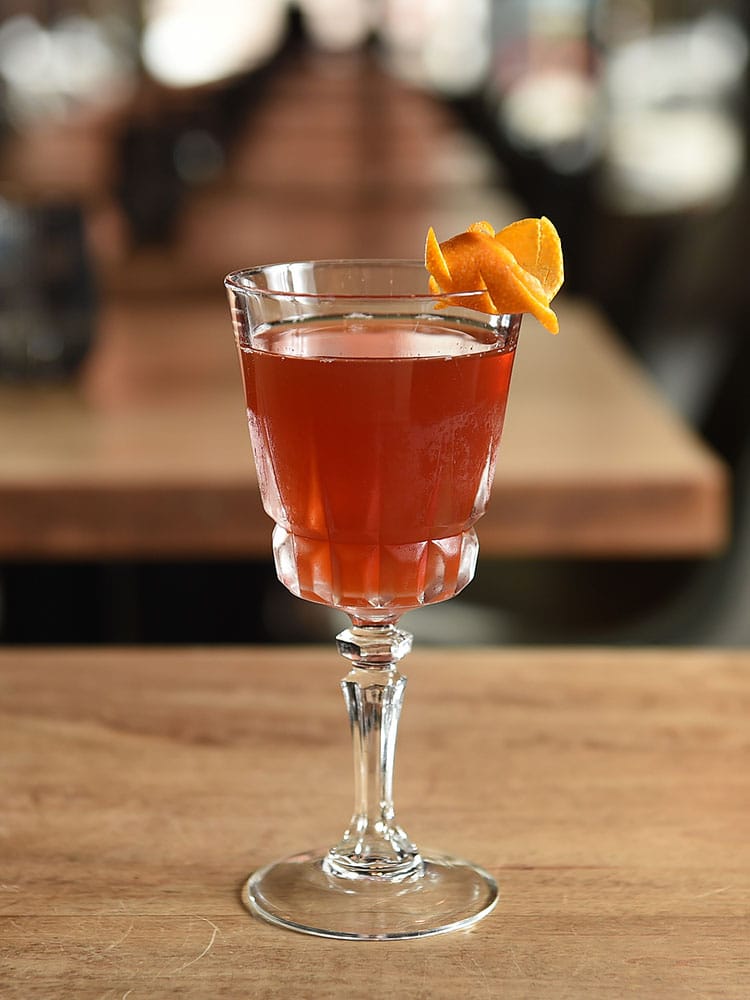
• 1 bottle (750 mL) Jamaican amber rum
• 1.5 cups calvados
• 0.5 cup peach brandy
• 1 cup oleo saccharum
• 4 cups cold water
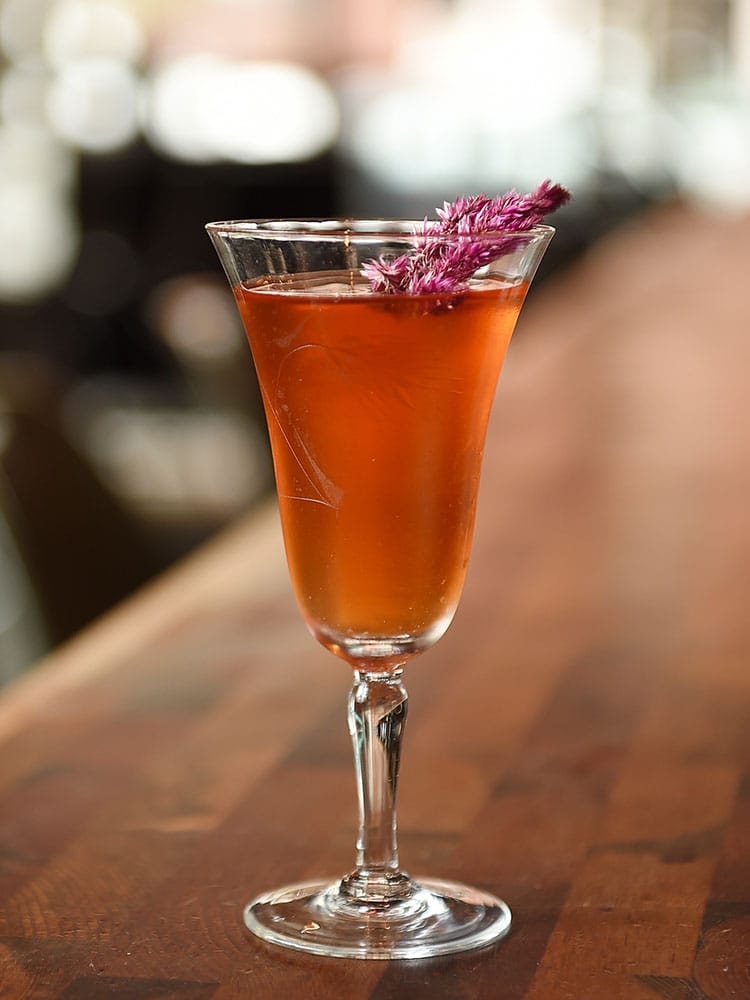
• 1 bottle (750 mL) blended scotch
• 1 cup Cynar amaro
• 1 cup apricot brandy
• 1 cup oleo saccharum
• 1 Tbsp Angostura bitters
• 4 cups cold water
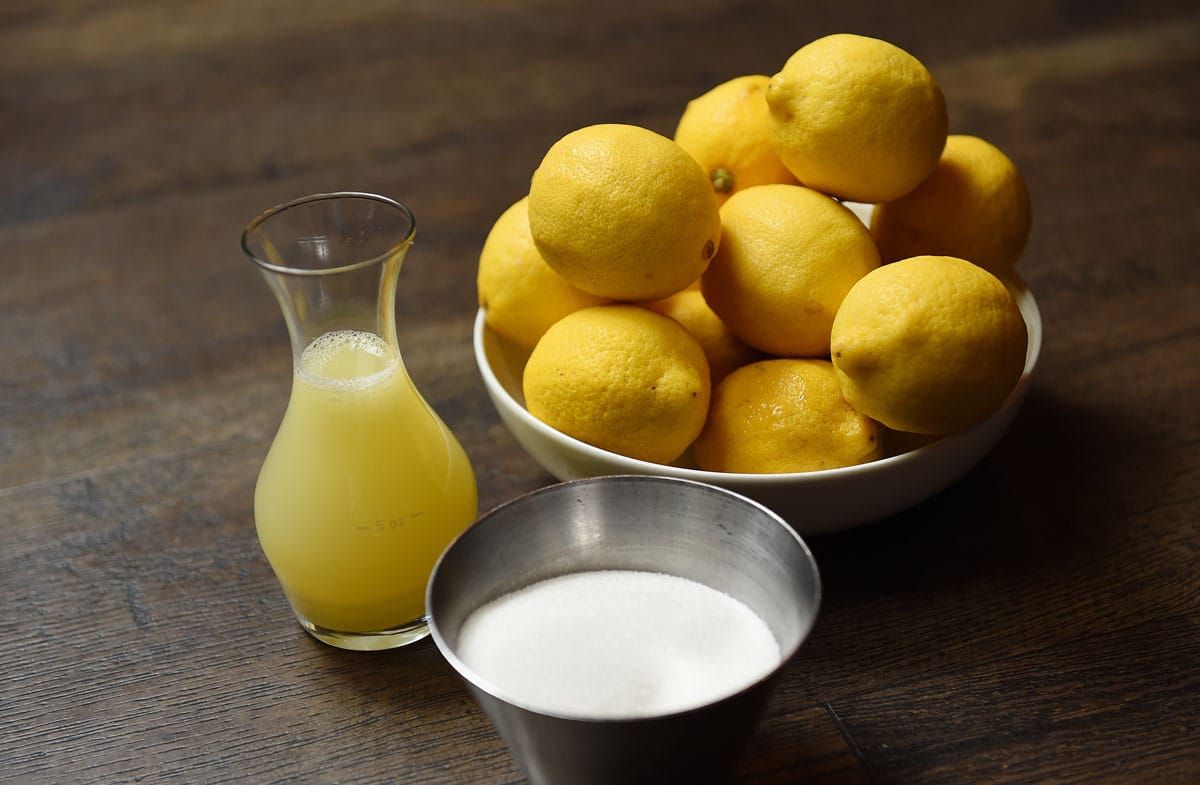
Holiday entertaining is right around the corner and having a couple of easy, bold and delicious punch recipes on hand will really help set any party off on the right foot. It all starts with oleo saccharum.
Now, you might be wondering: What the heck is oleo saccharum? It is the Latin term for “oil sugar,” an ingredient that will change your home bartending.